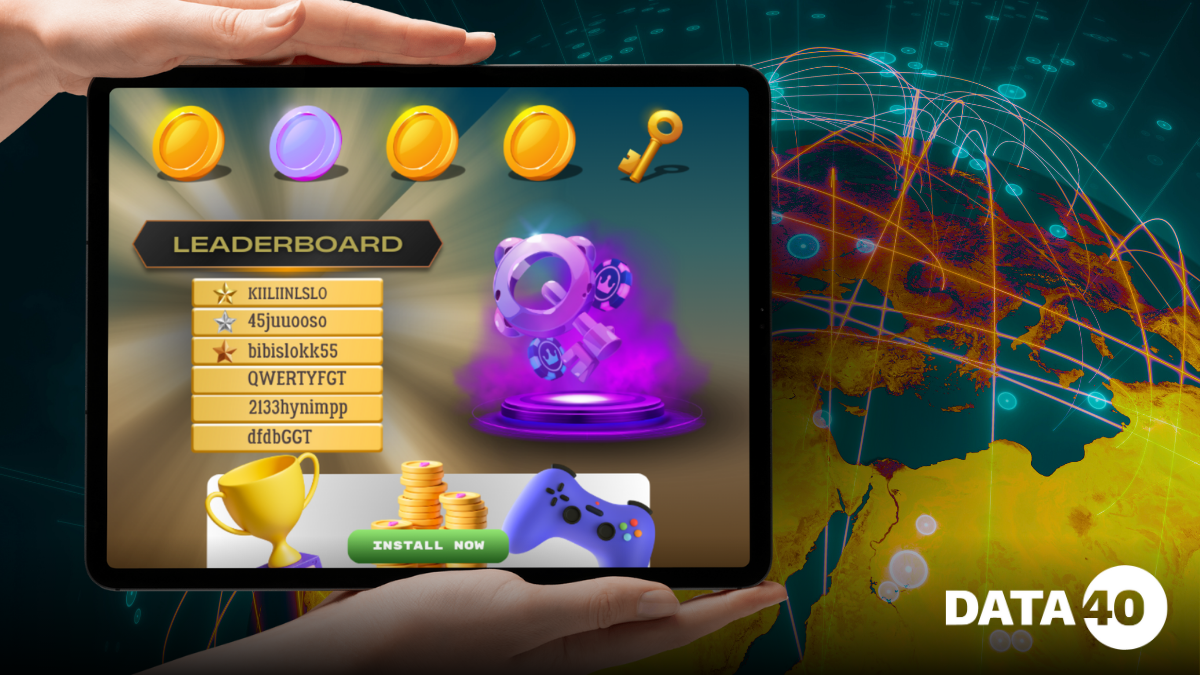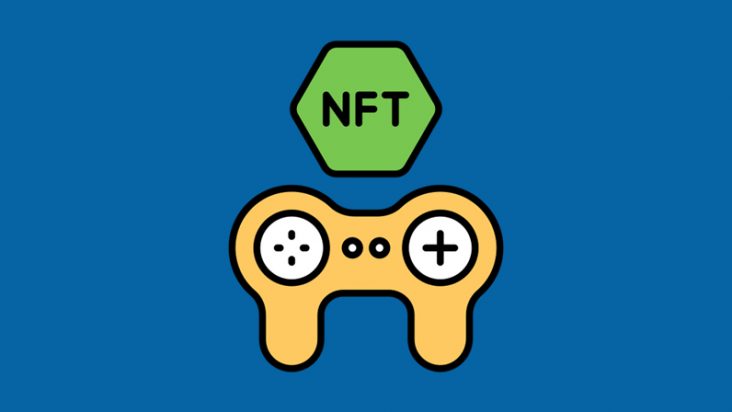

The global igaming sector is poised to generate $97.27 billion in 2024, growing at a CAGR of 6.46% through 2029. This rapid expansion stems from technological innovation, increased internet access, and shifting consumer habits.
Marketing serves as the backbone of this industry, ensuring operators can attract and retain players in a fiercely competitive market. By leveraging tailored strategies, companies differentiate their platforms, offering diverse experiences from sports betting to virtual casinos. The dominance of digital platforms makes targeted marketing indispensable for engaging audiences effectively.
Legal frameworks around gaming vary significantly across regions. In countries like the UK and parts of the EU, clear regulatory structures allow companies to engage in robust advertising and promotional campaigns . Conversely, in places like the U.S., where regulations differ by state, and in markets with stricter laws, operators face limitations on traditional advertising avenues .
These legal distinctions shape marketing strategies profoundly. In regulated markets, operators invest in SEO, influencer partnerships, and sponsorships to build trust and visibility. In restricted areas, the focus shifts to organic growth through social media, affiliate programs, and word-of-mouth campaigns, ensuring compliance while maintaining user interest.
The dynamic legal environment requires marketers to stay agile, adapting to local regulations while ensuring global appeal. Understanding these constraints is vital to creating campaigns that resonate with audiences and adhere to legal standards. The industry’s success depends not only on technological advancements but also on marketing strategies that navigate legal boundaries while fostering player loyalty.
Understanding the Target Audience in the Gambling Industry
The gambling industry encompasses a diverse range of activities, including online casinos, sports betting, and esports wagering. Identifying and understanding the target audience is crucial for operators aiming to tailor their offerings and marketing strategies effectively.
Demographic Profile
- Age and Gender: A significant portion of online gamblers are young adults, with studies indicating that 77% of men aged 25 to 34 have engaged in online casino activities at least once, and about 60% of them play weekly.This demographic is often tech-savvy and seeks convenience in accessing gambling platforms.
- Income Levels: Middle-aged individuals with varying income levels participate in gambling for different reasons. Those with lower incomes may view it as a means to improve their financial situation, while higher-income individuals might engage out of curiosity or for entertainment purposes.
Psychological Motivations
Beyond demographics, psychological factors play a significant role in igaming behavior. Many individuals are motivated by the desire to experience risk, seek excitement, or showcase their skills. The potential for monetary gain is a common motivator across various demographic groups.
Behavioral Patterns
- Frequency and Timing: Gambling activities often peak during specific times, such as major sports events or holidays. Understanding these patterns helps operators plan promotions and manage resources effectively.
- Platform Preferences: With the rise of mobile technology, many gamblers prefer using smartphones and tablets to access gambling services, valuing user-friendly interfaces and seamless experiences.
Strategies for Attracting New Users
To effectively acquire new users, gambling operators can implement several strategies:
- Affiliate Marketing: Partnering with affiliates can expand reach and attract new users through established networks.
- Promotional Offers: Offering bonuses, free spins, or deposit matches can incentivize new users to try out platforms.
- Social Media Engagement: Utilizing platforms like Facebook, Instagram, and Twitter to engage with potential users through targeted ads and interactive content can enhance visibility and attract a broader audience.
- Search Engine Optimization (SEO): Optimizing websites to rank higher in search engine results can increase organic traffic and attract users actively seeking gambling options.
- Influencer Partnerships: Collaborating with influencers who have a substantial following can help reach new audiences and build credibility.
- Gamification: Incorporating game-like elements, such as rewards and challenges, can enhance user engagement and retention.
By understanding the diverse demographics and psychological motivations of their target audience, and implementing tailored acquisition strategies, gambling operators can effectively attract and retain users in a competitive market.
Enhancing Customer Retention and Loyalty in iGaming
In the competitive landscape of gambling, retaining players and fostering loyalty are paramount for sustained success. Implementing effective strategies can significantly enhance user engagement and lifetime value.
Customer Retention and Loyalty Strategies
- Gamified Reward Programs: Integrating game-like elements into loyalty programs can boost engagement. For instance, PlayStation’s Stars program rewards players with digital collectibles for completing specific tasks, enhancing the gaming experience and encouraging continued play.
- Personalized Experiences: Utilizing data analytics to understand player preferences allows for tailored content and offers, making players feel valued and more likely to remain engaged. Platforms like CrowdTwist provide insights into customer behavior, enabling personalized marketing efforts.
- Exclusive Content and Events: Offering unique in-game items, early access to new features, or hosting special events for loyal players can create a sense of exclusivity and reward commitment. Nintendo’s Club Nintendo program, for example, provided members with exclusive rewards for their loyalty.
- Community Building: Creating platforms for players to interact, share experiences, and provide feedback fosters a sense of community and belonging, which can enhance loyalty. Tools like Discord facilitate these interactions, allowing brands to engage directly with their audience.
Marketing Tools for iGaming
- In-Game Advertising: Integrating advertisements within games can be a non-intrusive way to promote products or services. Dynamic in-game advertising allows for real-time updates and targeted campaigns, enhancing relevance and effectiveness.
- Social Media Engagement: Leveraging platforms like Twitter, Facebook, and Instagram to share updates, engage with players, and promote content can significantly increase visibility and engagement. Nintendo effectively uses these channels to connect with its audience.
- Influencer Partnerships: Collaborating with gaming influencers can help reach new audiences and build credibility. Influencers can showcase gameplay, provide reviews, and share experiences that resonate with their followers.
- Email Marketing: Sending personalized emails with updates, promotions, and exclusive offers can keep players informed and engaged. Segmenting email lists based on player behavior allows for targeted messaging.
- Referral Programs: Encouraging existing players to refer friends can expand the user base. Offering incentives for successful referrals can motivate players to share the game with their network.
By implementing these strategies and utilizing appropriate marketing tools, igaming platforms can enhance customer retention, build loyalty, and achieve long-term success.
Challenges and Risks in iGaming Marketing
While innovative marketing strategies offer substantial benefits, they also present unique challenges and risks that operators must navigate carefully.
Regulatory Compliance
The igaming industry is subject to diverse and evolving regulations across different jurisdictions. Marketers must stay informed about ongoing regulation changes to ensure compliance and avoid legal repercussions.
Data Protection and Fraud Prevention
With the increasing reliance on digital platforms, safeguarding user data has become paramount. Operators must implement robust security measures to protect against data breaches and fraudulent activities, which can erode user trust and brand reputation.
Market Competition and Customer Retention
The gambling market is highly competitive, with numerous operators vying for player attention. Developing effective strategies to attract new users and retain existing ones is crucial for sustained success.
Pathways to Sustainable Growth in iGaming
In the rapidly evolving iGaming industry, adopting innovative marketing strategies is essential for differentiation and growth. However, operators must remain vigilant in addressing the inherent challenges and risks to build a sustainable and reputable brand. By balancing creativity with compliance and security, igaming companies can enhance user engagement and achieve long-term success.








